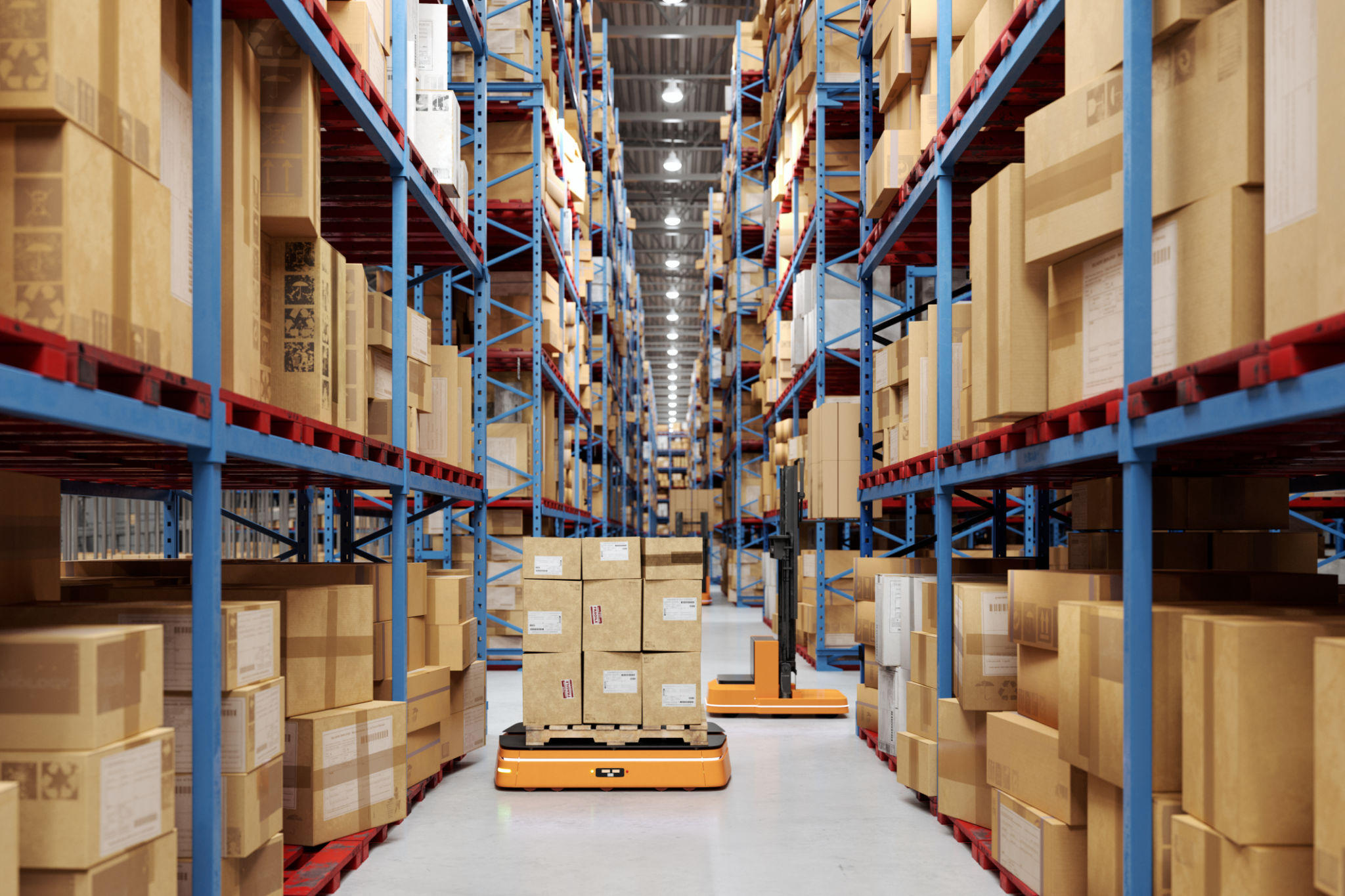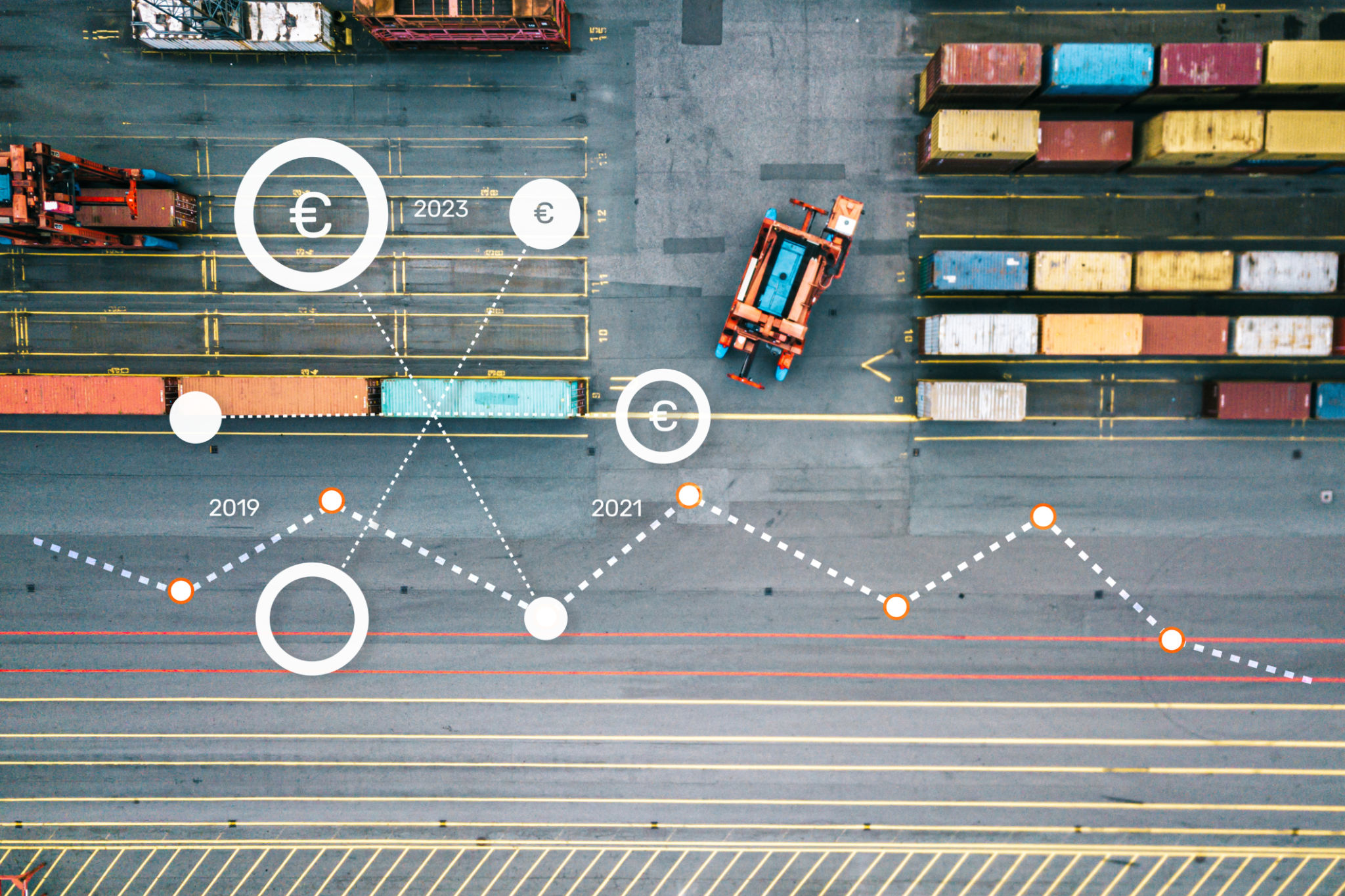The Future of Fulfillment Logistics: Trends to Watch
The Evolution of Fulfillment Logistics
As consumer demands and technological advancements continue to shape the landscape, fulfillment logistics is experiencing a transformative shift. Businesses are under pressure to deliver faster, more efficiently, and sustainably. Understanding these evolving trends is crucial for companies aiming to remain competitive in the logistics sector.
With e-commerce booming, the logistics industry is set for substantial growth. Companies are investing significantly in technology and process innovation to meet customer expectations. Let’s explore some of the key trends shaping the future of fulfillment logistics.

Emphasis on Automation and Robotics
The integration of automation and robotics is no longer a futuristic concept but a present necessity. Automated systems in warehouses, including robotic arms and automated sorting systems, enhance efficiency by reducing human error and speeding up processes. This trend is not only about cutting costs but also about improving accuracy and order fulfillment speed.
Furthermore, autonomous vehicles and drones are becoming more prevalent in last-mile deliveries. These technologies promise to revolutionize delivery logistics by offering faster, more reliable, and contactless service options. Businesses adopting these innovations are likely to set themselves apart from competitors.

Sustainability Takes Center Stage
Environmental concerns are pushing the logistics industry towards more sustainable practices. From reducing carbon emissions through optimized delivery routes to utilizing electric vehicles, companies are finding ways to minimize their environmental impact.
Moreover, there is a growing emphasis on sustainable packaging solutions. Businesses are exploring biodegradable materials and reusable packaging options to align with consumer expectations for environmentally-friendly practices.

Omnichannel Fulfillment Strategies
Consumers today expect a seamless shopping experience, whether online or in-store. This has led to the rise of omnichannel fulfillment strategies, where businesses integrate their offline and online operations to fulfill orders more efficiently.
This approach requires sophisticated inventory management systems that provide real-time stock visibility across all channels. Companies utilizing omnichannel strategies can offer services like buy online, pick up in-store (BOPIS), which enhances customer satisfaction by providing flexible fulfillment options.
Data-Driven Decision Making
The role of data analytics in logistics cannot be overstated. With vast amounts of data generated every day, analytics tools help businesses make informed decisions about inventory management, demand forecasting, and route optimization.
Predictive analytics, in particular, allows companies to anticipate trends and customer needs, thus optimizing their supply chain operations. Businesses that leverage data effectively can improve their efficiency and responsiveness in the fulfillment process.

The Impact of Artificial Intelligence
Artificial Intelligence (AI) is reshaping logistics by improving operational efficiencies and customer experiences. AI-powered systems can automate mundane tasks, provide real-time tracking information, and even predict delivery times with high accuracy.
Moreover, AI algorithms can analyze historical data to optimize routes, reducing delivery times and operational costs. The adoption of AI is expected to increase significantly as companies strive to enhance their service offerings.
In conclusion, the future of fulfillment logistics is set to be dynamic and technology-driven. Companies that embrace these trends early will likely lead the way in delivering exceptional service and meeting the evolving demands of their customers. Staying informed and adaptable is key in navigating the exciting changes ahead in the logistics sector.
